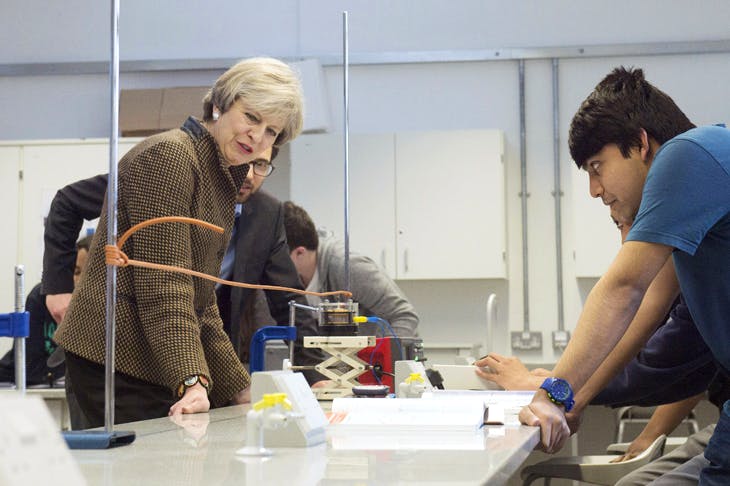The Department for Education has just released some provisional data showing that English schoolchildren are making more progress in secondary free schools than any other type of school, save for academy convertors, with whom they share the top spot.

This is according to Progress 8, a relatively new accountability measure which is a little complicated, but worth getting your head around. It measures how much progress a school’s GCSE cohort has made in its best 8 GCSEs relative to the progress made by all English schoolchildren with similar starting points at the age of 11 in their best 8 GCSEs. So if a school gets a Progress 8 score of 1.0 that means the most recent cohort of children who took GCSEs at that school did one whole grade better in each of their best 8 subjects than schoolchildren across the country with similar starting points. It’s a fairer way of measuring the effectiveness of a particular secondary school than raw GCSE results because it takes prior attainment into account.
Which isn’t to say that secondary free schools aren’t also getting great results. In this year’s GCSEs, some free schools did extraordinarily well – such as Reach Academy Feltham in Hounslow, where 96 per cent of GCSE entrants got grade 4 or above in maths and English combined. Some of the highest performers were in some of the country’s most deprived areas – such as Dixons Trinity Academy in Bradford, which got one of the 10 best Progress 8 scores in England. It infuriates me when critics claim free schools are just for the middle classes. There are now three times as many in the country’s most deprived areas as in the least deprived.
The Labour Party and the teaching unions will continue to bang on about free schools being a middle class vanity project, but the results speak for themselves. This latest batch follows fast on the heels of data showing that free schools are getting better results at Key Stage 1 (5-7) and Key Stage 5 (16-18) than any other type of school. They are also more likely to be rated ‘Outstanding’ and more popular with parents. If you’re guided by the evidence, as opposed to ideological prejudice, the case for more free schools is overwhelming.







Comments